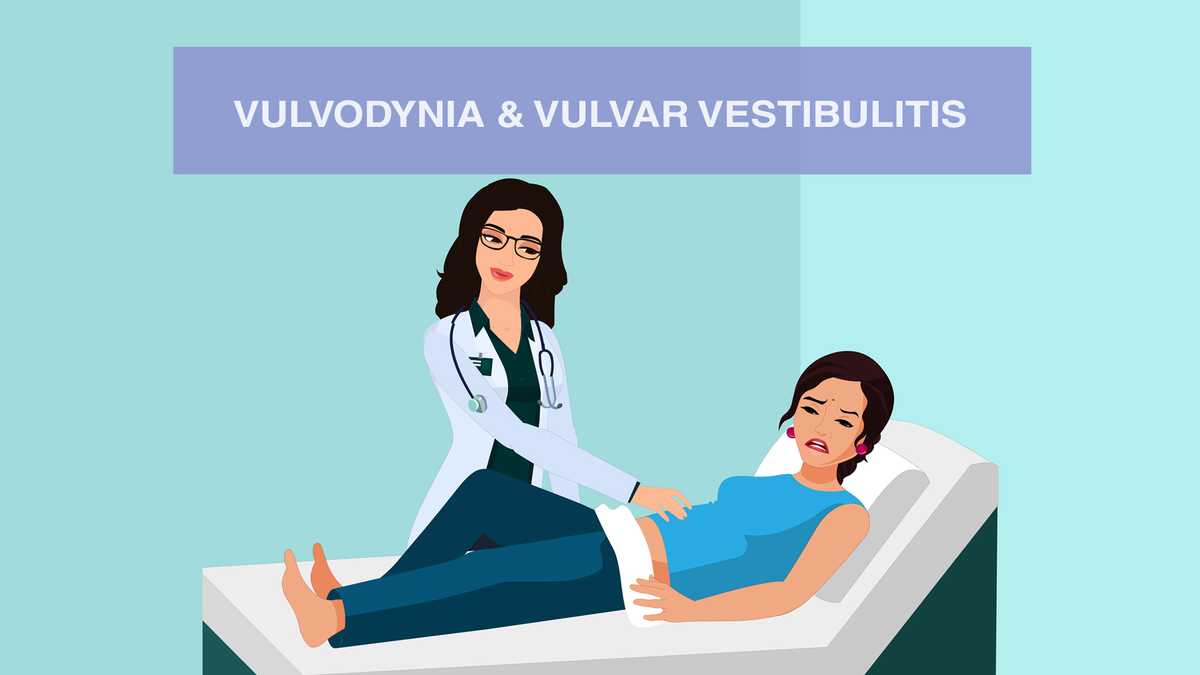Sex is an integral part of life. The quality of the sex life you enjoy has an impact on your overall wellbeing.


Sex is an integral part of life. The quality of the sex life you enjoy has an impact on your overall wellbeing. If you have difficulty having intercourse or have vaginismus, it is important to find out why and work towards a solution.
There can be a number of reasons that can cause difficulties in having intercourse. Some of the most common factors are:
- Lack of know-how
- Changes related to ageing
- Depression
- Anxiety
- Stress
- Issues in the relationship with your partner
- Hormonal changes
- Chronic diseases like diabetes, hypertension, heart disease, etc.
- Side effects of certain medication
When women face difficulty in having sex, it is termed as female sexual dysfunction. Dysfunctions are not diseases but could arise due to them. Sexual dysfunction can either be temporary or life-long. This condition is experienced in the form of no sexual desire, difficulty in getting aroused, failure to achieve orgasm or pain during intercourse.
Difficulty in having intercourse can lead to a strained relationship with the partner. It can also cause much emotional and mental distress to the woman suffering from it.
Sexual disorders in women can be broadly classified into the following four types:
- Sexual pain disorder – Medically known as dyspareunia, this disorder is characterized by pain during intercourse.
- Orgasmic disorder – This disorder is characterized by the inability to feel or achieve an orgasm.
- Sexual arousal disorder – This disorder is characterized by a lack of response to sexual stimulus and difficulty in sexual arousal.
- Low sexual desire – This problem is characterized by a lack of spontaneous desire or disinterest in any kind of sexual activity.
What leads to difficulty in having intercourse?
- Physical or Biological Causes:
- Health problems such as thyroid, diabetes, etc. can result in a lack of lubrication in the vagina, making it uncomfortable and painful during sex.
- Irregular hormone levels can result in a low sex drive and lessened lubrication
- Side effects caused by certain medications can also result in a low sex drive.
- Vaginal infections and other short and long term ailments affecting the areas around the private parts can negatively affect the sex drive.
- Psychological Causes:
- Problems such as stress, anxiety, and depression can adversely affect one’s sex life.
- Beliefs held by the person, personal importance to sex, socio cultural-religious factors about sex, comfort level with the partner, the relationship between the partners, etc. play a role in one’s sex life.
Some easy ways to try and overcome this problem are:
- Communicate effectively with your partner about likes, dislikes, and discomfort.
- Use lubrication during intercourse
- Have a relaxed mind
- Be confident with your body
- Having more satisfying sexual experiences is better than having few events
- Seek help when faced with any sexual issue
What is Vaginismus?
Vaginismus is a condition involving a muscle spasm in the pelvic floor muscles. In some women, the vaginal muscles involuntarily or persistently contract when they attempt vaginal penetration. The contractions can prevent sexual intercourse or make it very painful.
When does the pain caused by Vaginismus happen?
● As the partner attempts penetration
● When a woman inserts a tampon
● When a woman is touched near the vaginal area
What are the types of Vaginismus?
● Primary Vaginismus: This happens when vaginal penetration has never been achieved. It is often experienced by women during their first attempt at intercourse. There may be pain, generalized muscle spasms, and the woman may temporarily stop breathing. The symptoms stop when the attempt at vaginal entry is stopped.
● Secondary Vaginismus: This happens vaginal penetration has happened earlier but is no longer possible. It can occur at any stage of life, potentially due to factors such as infection, development of a medical condition, gynecologic surgery, trauma, radiation or menopause.
What are the symptoms of Vaginismus?
The symptoms vary between individuals and the pain can range from mild to severe in nature and from discomfort to burning in sensation. Some of the symptoms are:
● Involuntary tightening of the vaginal muscles
● Painful and difficult penetration or penetration not possible
● Burning or stinging pain when anything is inserted into the vagina
● Generalized muscle spasm or breathing cessation during attempted intercourse
● Fear of vaginal penetration
● Decreased sexual desire related to penetration
Treatment for Vaginismus
In most cases, treatment can help with this condition, and includes a combination of the below:
● Pelvic floor control exercises
● Counselling and Emotional therapy
● Reducing sensitivity to insertion by dilation training
Conclusion
Most often than not, the issues causing this problem are temporary and fade out with time or with little help. But if difficulty in having intercourse is a persistent problem, then one should seek advice from a trained medical professional. The doctor will study your medical history, your physical and psychological parameters, along with your sexual history to determine a solution to the problem.
Special thanks to Dr Niraj Jadav (MB DGO) for expert advice





